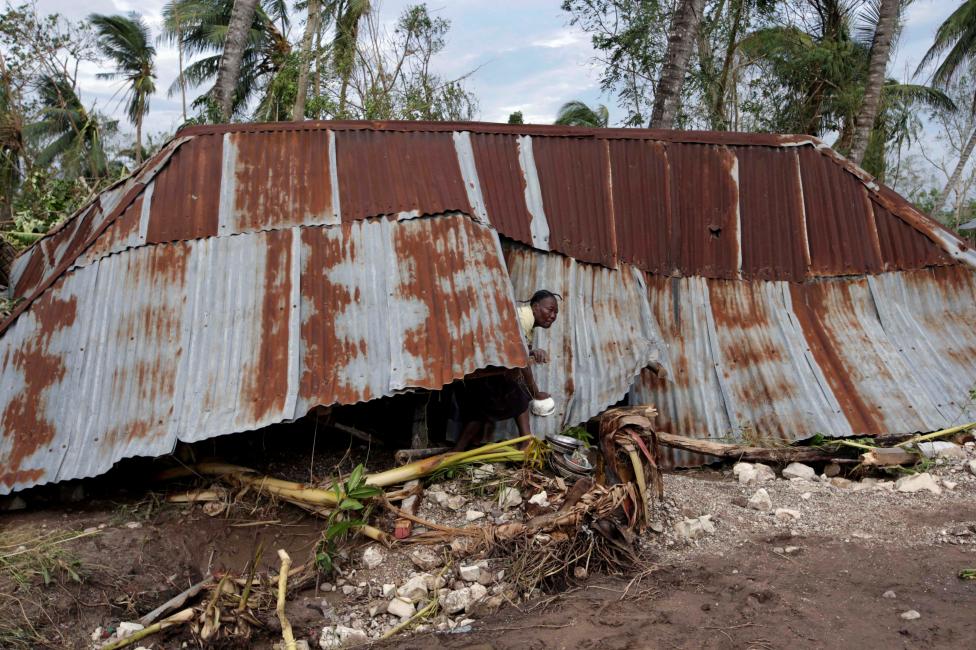London- Over 900 people have been killed by Hurricane Matthew and thousands have been uprooted, as the natural disaster plowed through Haiti on Friday.
Just off the southeast U.S. coast, the hurricane caused major flooding and power outages in the region.
The number of deaths in Haiti, the poorest country in the Americas, jumped to at least 877 by late Friday as information trickled in from remote areas previously cut off by the storm, according to a Reuters tally of death tolls given by officials.
Matthew triggered mass evacuations along the U.S. Atlantic coast from Florida northward through Georgia and into South Carolina and North Carolina. President Barack Obama urged people not to be complacent and to heed safety instructions.
“The potential for storm surge, loss of life and severe property damage exists,” he told reporters after a briefing with emergency management officials about the fiercest cyclone to affect the United States since Superstorm Sandy four years ago.
At 5 a.m. EDT, Matthew’s eye was about 30 km south-southeast of Hilton Head, South Carolina, and moving northward at 12 mph (19 kph) with the storm packing 105 mph (165 kph) winds, the U.S. National Hurricane Center said.
Wind gusts of 80 mph (130 kph) in Hilton Head were reported early on Saturday by the NHC.
Matthew smashed through Haiti’s western peninsula on Tuesday with 145 mph (233 kph) winds and torrential rain. Some 61,500 people were in shelters, officials said, after the storm hurled the sea into fragile coastal villages, some of which were only now being contacted.
While highlighting the misery of underdevelopment in Haiti, which is still recovering from a devastating 2010 earthquake, the storm looked certain to rekindle debate about global warming and the long-term threat posed by rising sea levels to low-lying cities and towns.
At least three towns in the hills and coast of Haiti’s fertile western tip reported dozens of people killed, including the farming village of Chantal where the mayor said 86 people died, mostly when trees crushed houses. He said 20 others were missing.
